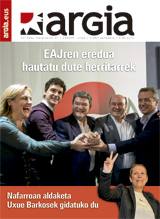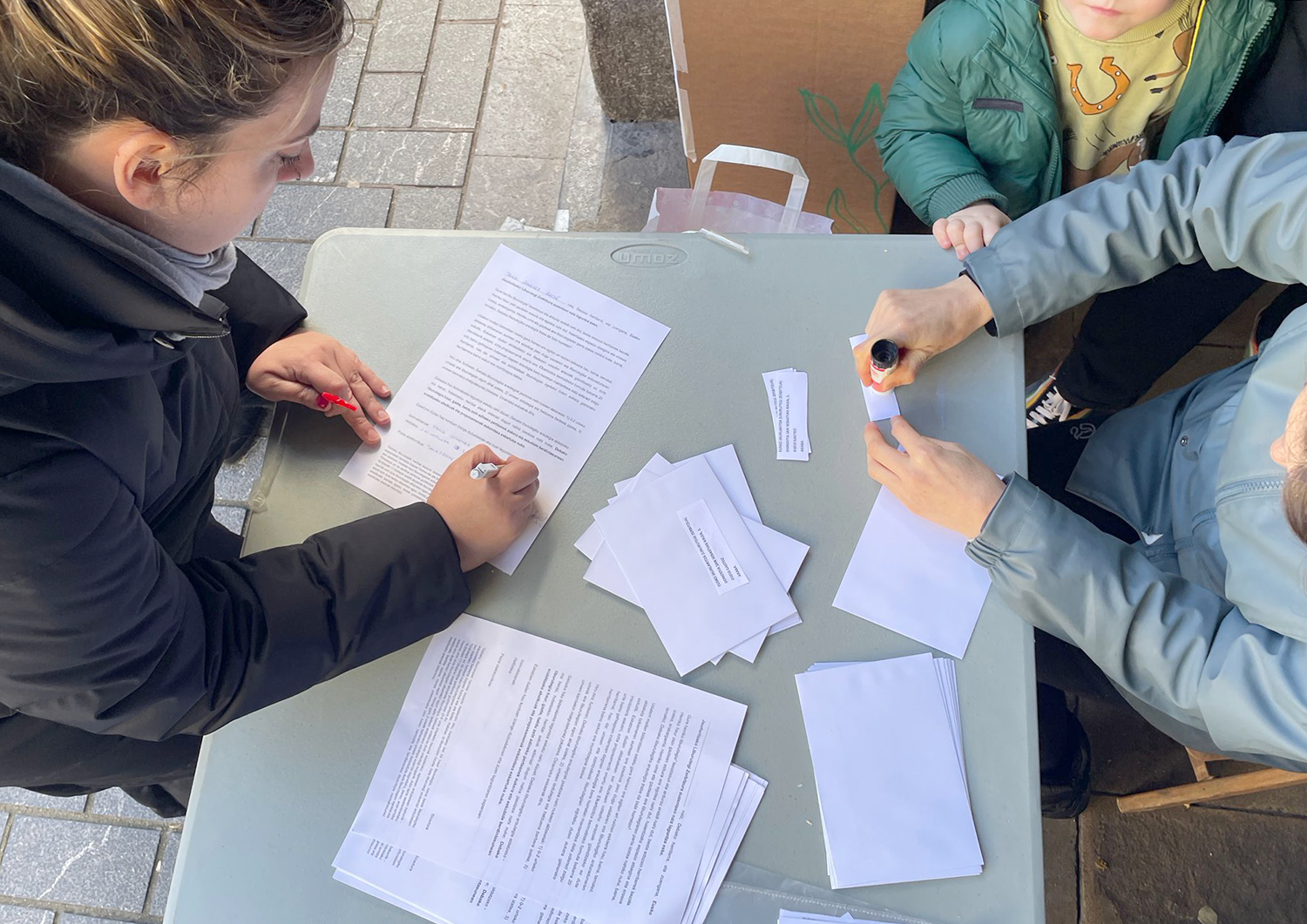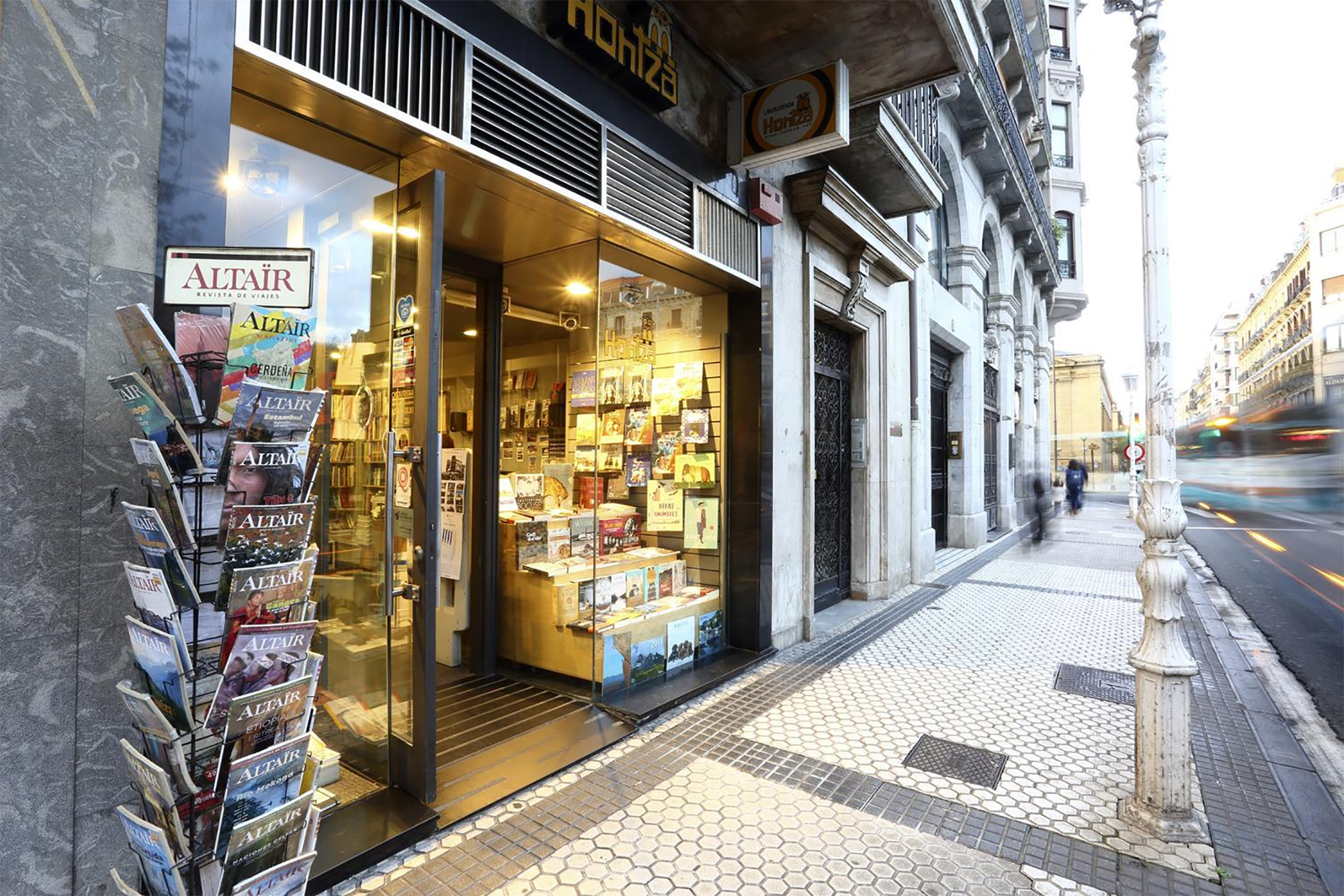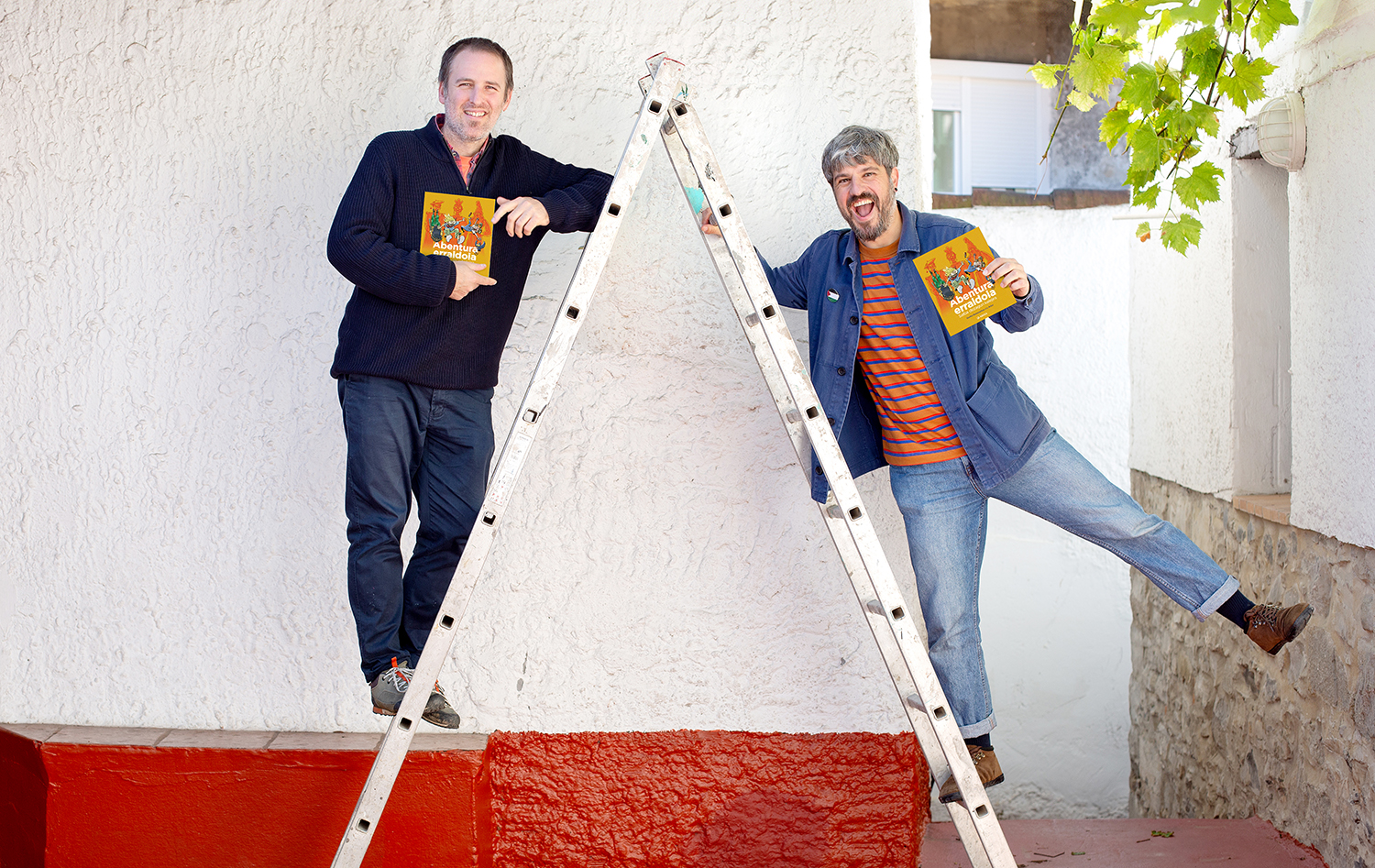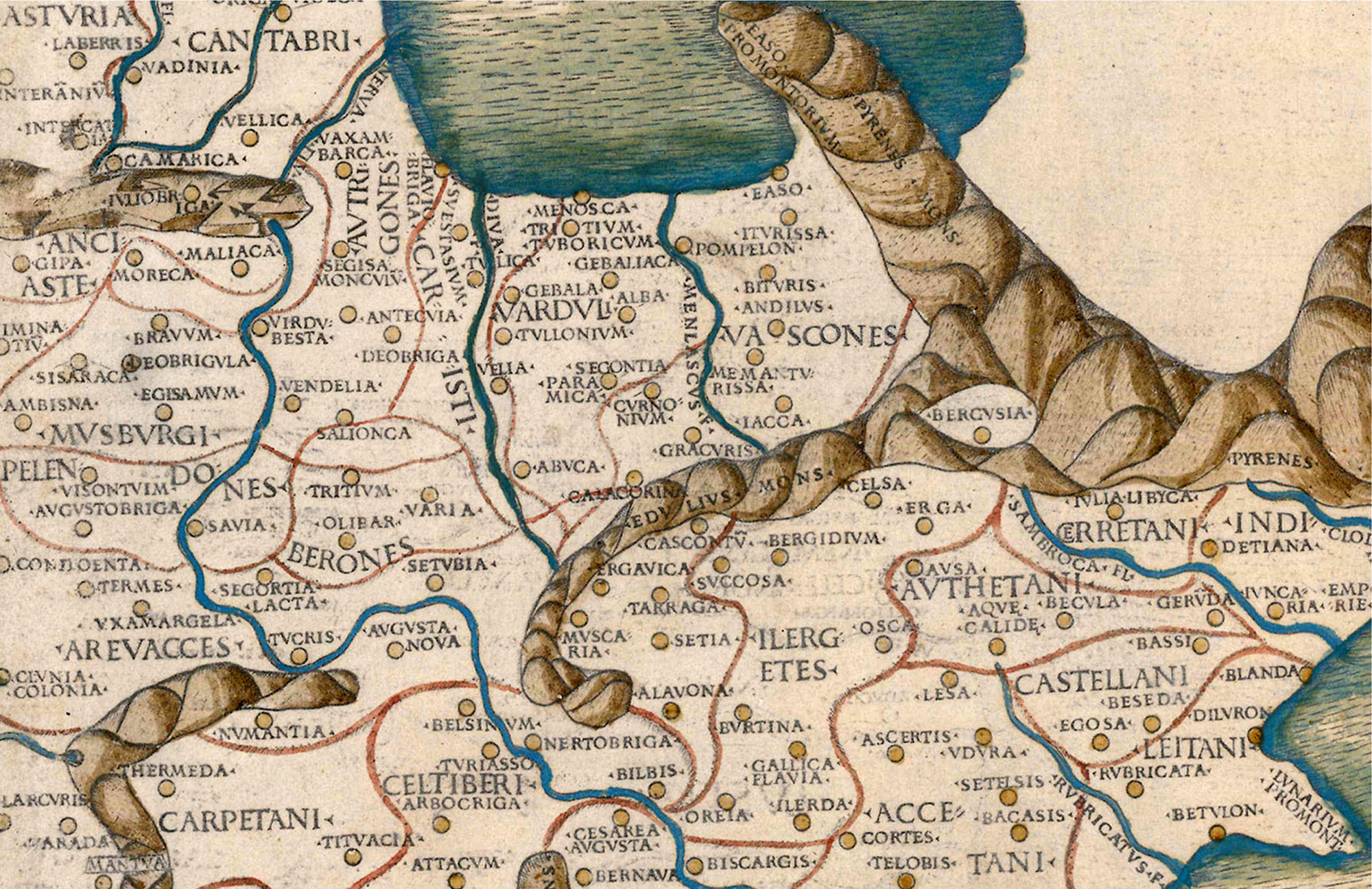City and Marriage
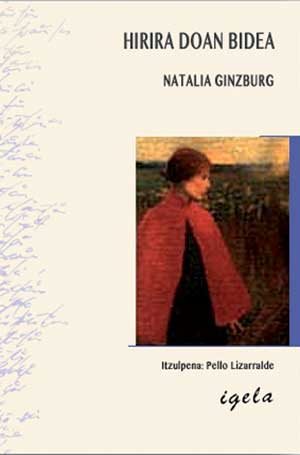
Road to the city
Natalia Ginzburg
Translation: Pinch Lizarralde
Rana, 2001
“It is often said that the house where there are many children is joyful, but I found nothing of joy in ours.” Delia is the one who speaks that way. A 17-year-old girl. The second of five siblings. The superior is preceded by her sister: “I got married soon and hoped it would leave me, as Azalea did. The lover married at the age of seventeen.” And he left, but where? Well, to the city. The city has no name, but the city of the II. It can be a city next to any people before the World War. However, the road will not always be easy to travel.
So, the city and marriage. City and marriage. These two elements define the Delia horizon. The city as a symbol of the future, of progress, of freedom. It is not necessary, however, for the people to ridicule, unless they show a small pride: “Not everyone is as strong as we are. We live among peasants and he has grown too close to the city.” But always looking for the city, the city, the city. And marriage as the only way out for that time. But, on the one hand, the observations of the other women: “The problems that women face when they get married. There are the children screaming, the need to serve their husband, the fathers and mothers who make life difficult.” On the other hand, the most fermented projects of Delia itself: “I thought when I got married I would like to be free and have a great time.” They will drift – “it’s green like a lemon and it’s always twisting its mouth” – while he’s a sturdy person – “I told him that I didn’t want to be raised and that I preferred to work in the factory” – and when things get complicated he’ll have one desire: “Go back to being the first one, dress up my blue suit and go to town every day, and look for Nin and see if he had fallen in love with me, and also go painting with Giulio, but without needing to marry.”
Natalia Ginzburg, as corresponds to a seventeen year old narrator, explains in a plain, meticulous and simple style, that without great narrative complications, without great reflections, brings us from the first to the last word, maintaining tension, tying attention, more hungry. It seems to me to be a suitable book for accessing the work of the Italian writer. Then another two came, in the same editorial Igela. And I've always thought that if Ginzburg had led a writer like Pello Lizarralde to translation, not only good, but also suggestive, namely, that there would be more prosaic motives, it had to be forced. And it has, however, the same feeling that a man who dares to cross the road leading to the City will discover it right away.
Party and recreation. Oral History of Rock Radical Vasco
Javier 'Jerry' Corral
Books, 2025
------------------------------------------------
Javier Corral ‘Jerry’ was a student of the first Journalism Promotion of the UPV, along with many other well-known names who have... [+]









